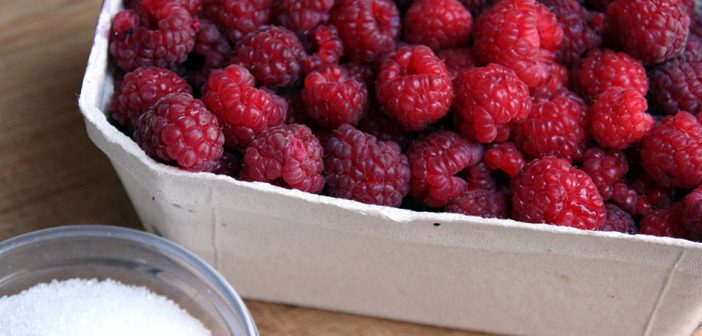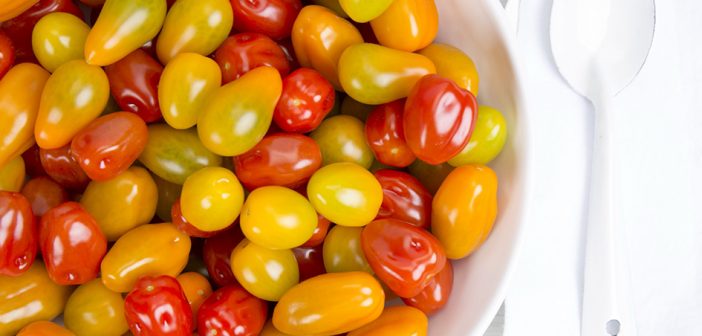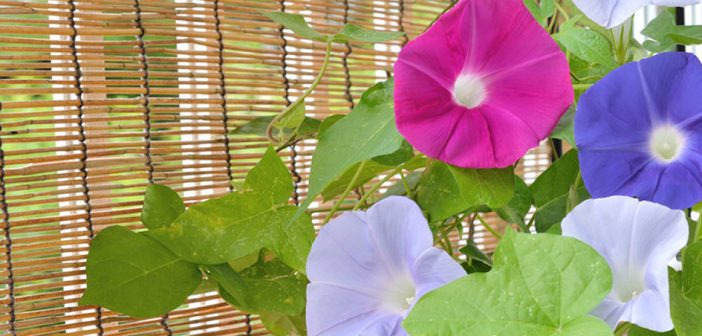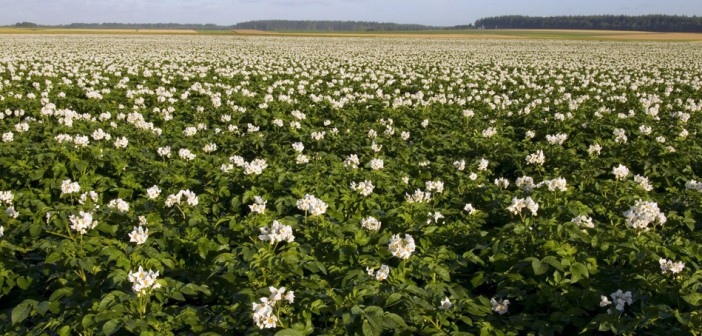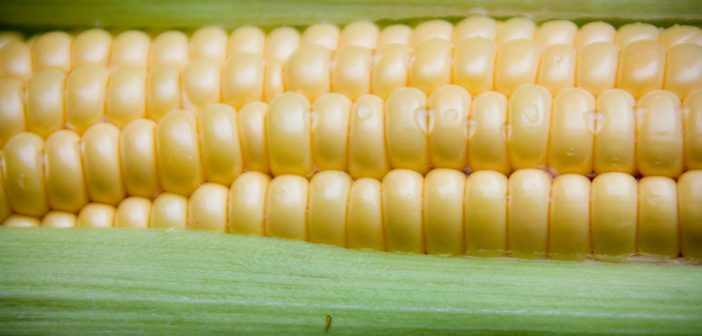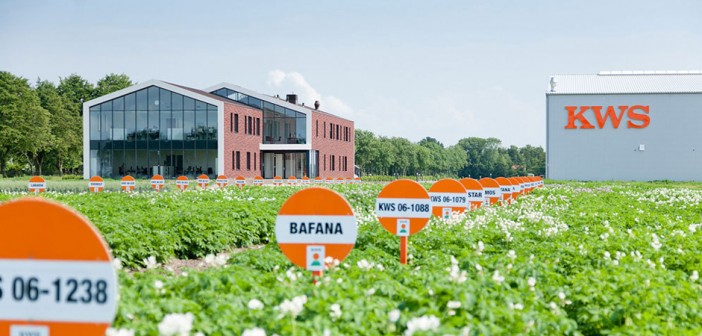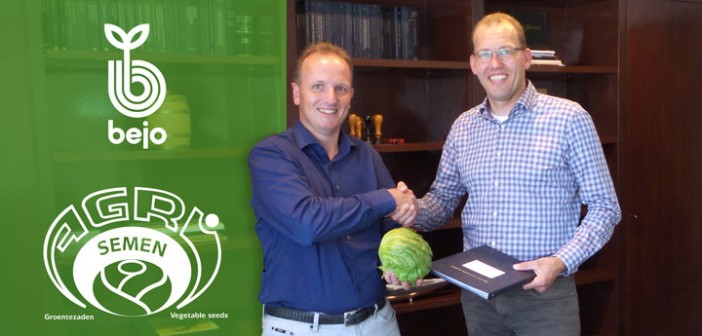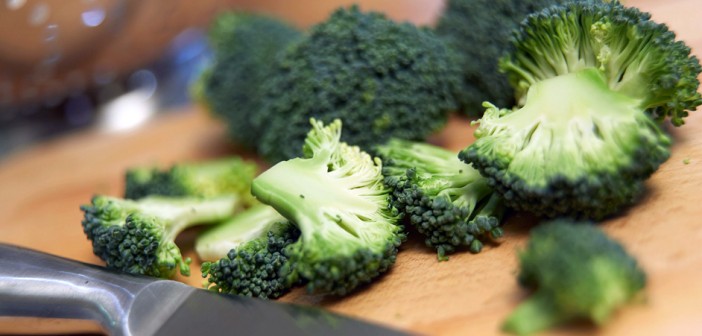A new factsheet from AHDB Horticulture summarises the attributes of the main varieties released in the second tranche of the East Malling Strawberry Breeding Club, as well as details of promising selections developed during the same period.
Three varieties from the second tranche (which started in 2013) are in the process of being commercialised. The late-season June-bearer Malling Allure (EM2157) and the disease resistant Everbearers Malling Champion (EMR564) and EMR639.
Malling Allure is described as ‘a robust plant, with moderate vigour in comparison with other late-season varieties.’ It is 10-12 days later than Elsanta and has fruit quality similar to Malling Centenary. Malling Champion is ‘an early season Everbearer, which produces its peak harvest in July and picks steadily through August.’ It is resistant to crown rot (Phytophthora cactorum) and wilt (Verticillium dahliae) and shows moderate resistance to powdery mildew (Podosphaera aphanis), as does EMR639.
Six other selections from the programme are due to advance to large scale grower trials, including two June-bearers and four Everbearers. The East Malling Strawberry Breeding Club (EMSBC) was formed in 2008 to continue the national strawberry programme that began at East Malling Research in 1983. The second tranche of AHDB-funded work runs until 2023.
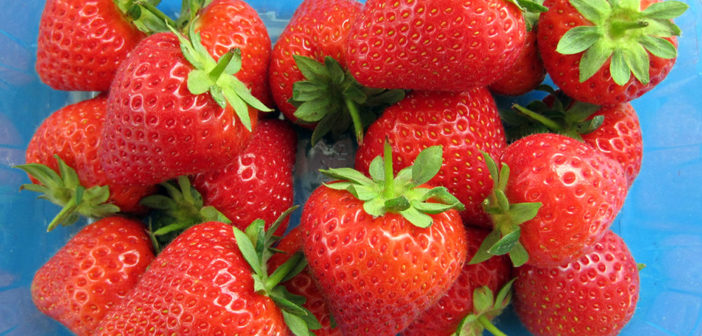
Photo Caption: Malling Allure
Photo Credit: Meiosis The post New varieties for East Malling Strawberry Breeding Club appeared first on Hort News
